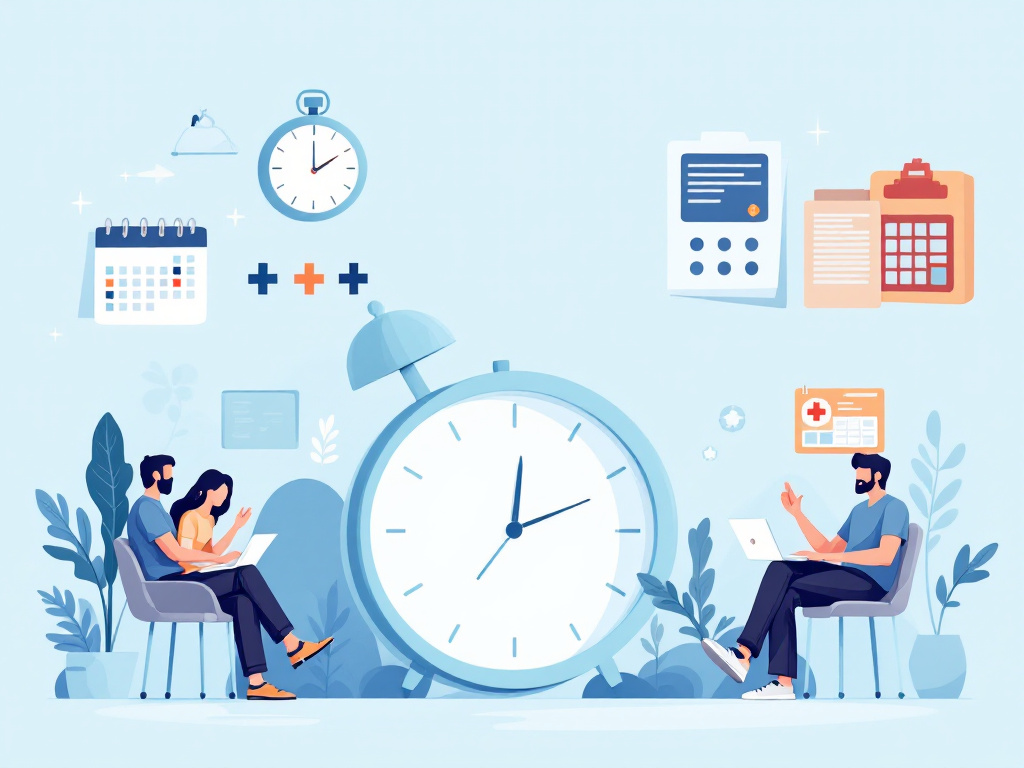When you enter a dual diagnosis treatment program, you commit to addressing both your mental health disorder and substance use disorder at the same time. Dual diagnosis treatment is widely recognized as the most effective approach for long-term recovery, offering integrated care that targets underlying triggers and promotes lasting resilience. At Recovery Bay, our men’s inpatient rehab 45-60 days program blends medical detox, clinical therapy, holistic wellness and life-skills training in a confidential, supportive environment tailored to your needs.
Understand dual diagnosis
Dual diagnosis refers to the coexistence of a mental health condition—such as depression, anxiety, bipolar disorder or post-traumatic stress disorder—and a substance use disorder. When these issues overlap, each can exacerbate the other, creating a cycle that’s hard to break on your own.
Defining co-occurring disorders
- Mental health disorders commonly seen with addiction include major depressive disorder, generalized anxiety disorder, bipolar disorder and PTSD [1].
- Substance use disorders may involve alcohol, prescription medications or illicit drugs.
- You might self-medicate emotional pain with substances, or substance use may trigger psychiatric symptoms [2].
Prevalence and risk factors
- About half of people with a substance use disorder also have a mental health condition, and vice versa [3].
- In 2023, roughly 20.4 million U.S. adults faced co-occurring disorders.
- Shared risk factors include genetics, childhood trauma and social stressors.
- Dual diagnosis individuals represent 25.8% of those with any psychiatric disorder and 36.5% of those with any substance use disorder [4].
Understanding these connections helps you and your care team develop a comprehensive, tailored plan that treats the whole person.
Explore treatment components
An effective dual diagnosis treatment program weaves together multiple modalities—medical, psychological and holistic—into a seamless continuum of care. At Recovery Bay, we structure your journey into phases that build on one another to support lasting change.
| Phase | Focus | Duration |
|---|---|---|
| Assessment | Comprehensive evaluation | 1–3 days |
| Medical detox | Physical stabilization | 3–7 days |
| Clinical therapy | Individual and group counseling | 4–6 weeks |
| Holistic wellness | Yoga, meditation, fitness | Concurrent |
| Life-skills training | Coping strategies, relapse prevention | Final 1–2 weeks |
| Aftercare planning | Discharge and support network | Ongoing |
Each phase integrates evidence-based practices to address both your psychiatric symptoms and addiction, ensuring you develop the tools you need for a balanced life.
Experience medical detox
Before you engage in therapy, your body may need time to clear substances safely under medical supervision. Recovery Bay offers a private detox program designed for confidentiality and comfort.
Private and confidential detox
- One-on-one medical monitoring in private and semi private rooms
- 24/7 nursing care and physician oversight
- Medication-assisted treatment options to ease withdrawal symptoms
Medication-assisted treatment
Medications such as buprenorphine, naltrexone or benzodiazepines may be used to manage withdrawal and cravings. This controlled approach reduces risk and lays the groundwork for successful clinical therapy.
Engage clinical therapies
Structured, evidence-based therapies form the heart of dual diagnosis treatment. You’ll work closely with licensed therapists who specialize in co-occurring disorders.
Cognitive-behavioral therapy
Cognitive-behavioral therapy (CBT) helps you identify and reframe negative thought patterns that fuel both addiction and mental health symptoms. By practicing healthier coping strategies, you’ll reduce the likelihood of relapse.
Trauma-informed approaches
If past trauma contributes to your dual diagnosis, trauma-focused therapies—such as EMDR (Eye Movement Desensitization and Reprocessing) or trauma-focused cognitive behavioral therapy—provide a safe, structured way to process painful memories.
Group and family sessions
- Group therapy fosters camaraderie and shared insights among peers in our mens only rehab center.
- Family program sessions help loved ones understand your challenges and build a supportive home environment [5].
Access holistic wellness
Beyond clinical care, Recovery Bay emphasizes mind-body wellness to restore balance and resilience.
Mind-body treatments
- Yoga and meditation classes to reduce stress and improve emotional regulation
- Equine therapy and outdoor activities at our beachside addiction recovery location
Nutrition and fitness
- Gourmet, nutrient-dense meals support brain health [6]
- Personalized fitness routines to rebuild strength and confidence
These complementary modalities enhance your overall well-being and reinforce the skills you learn in therapy.
Develop life skills
As you progress, you’ll practice practical strategies that prepare you for daily life beyond the center’s walls.
Structured life-skills training
You’ll engage in workshops on:
- Stress management techniques
- Financial planning and employment readiness
- Healthy communication and relationship building [7]
Relapse prevention strategies
- Identifying personal triggers
- Crafting an individualized coping plan
- Establishing a sober support network
By rehearsing these skills in a controlled setting, you gain confidence to face real-world challenges and maintain your recovery.
Navigate post-treatment support
Your growth continues long after you complete inpatient therapy. Robust aftercare is essential for sustaining progress.
Aftercare planning
Before discharge, your care team will collaborate with you to:
- Coordinate outpatient counseling or inpatient alcohol rehab as needed
- Connect you with local support groups and alumni events
- Set up ongoing medical and psychiatric follow-up
Alumni programs
Recovery Bay’s alumni community offers:
- Regular check-ins and peer-led meetings
- Recreational outings and workshops
- Opportunities to mentor new participants
This continuity of care reinforces accountability and fosters lasting connections.
Choose a residential program
Selecting the right setting for dual diagnosis treatment is crucial. You deserve a program that values your privacy, comfort and individual journey.
Why Recovery Bay stands out
- Luxury, evidence-based care in a secluded, private-residential setting [8]
- Confidential detox and treatment protocols [9]
- Dedicated men’s inpatient rehab 45–60 days environment [10]
- Integrated medical, psychiatric and holistic services under one roof
By choosing a comprehensive program, you maximize your chances for lasting change.
Begin your recovery journey
Dual diagnosis treatment offers you the best chance for long-term recovery by treating the whole person—mind, body and spirit. With Recovery Bay’s confidential, individualized approach, you gain the support and skills needed to reclaim your life.
If you’re ready to take the next step, reach out to Recovery Bay today. Our team is here to guide you through every phase, from medical detox to ongoing life-skills training. You don’t have to face co-occurring disorders alone—help is within reach.





